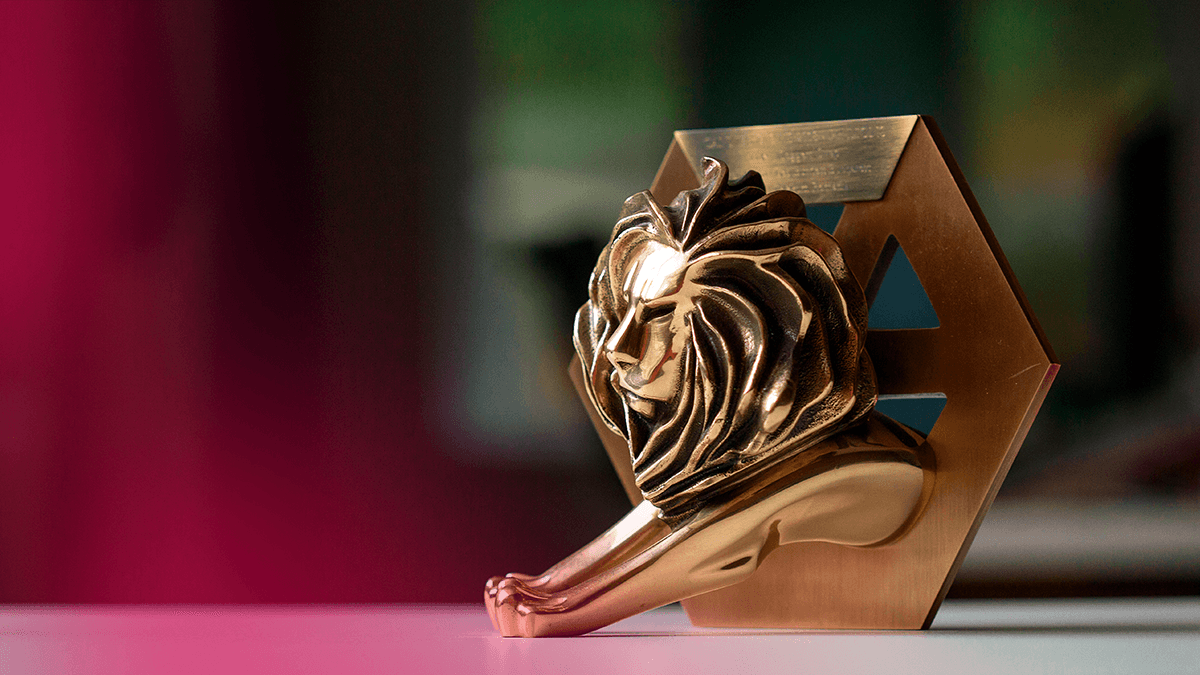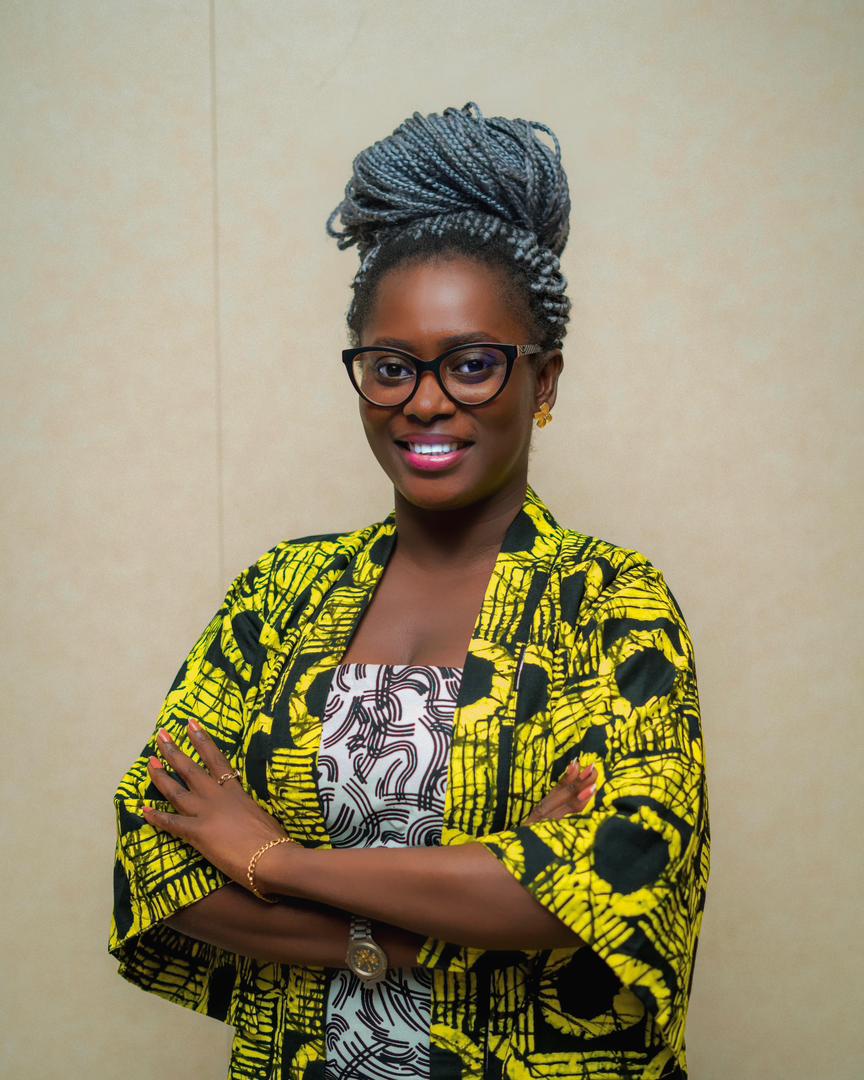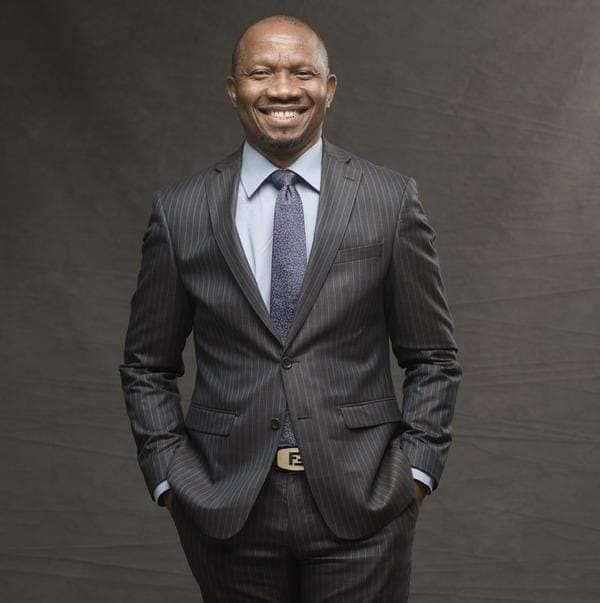Cannes Lions campaigns that crossed the line have sparked intense debate within the industry.
This has revealed how the pursuit of prestige can sometimes overshadow ethics.
While the festival honors creative excellence, some entries have blurred boundaries, raising questions about transparency, authenticity, and integrity.
The Cannes Lions International Festival of Creativity is renowned for showcasing the most innovative and effective advertising and marketing campaigns globally.
However, beneath the glitz and glamour of this prestigious event lies a contentious issue that has sparked debate within the industry.
Agencies have been known to push the boundaries, sometimes crossing the line between creative brilliance and unethical practices.
One of the most significant controversies surrounding the Cannes Lions is the submission of multiple entries, entries without client’s knowledge or approval.
Also Read:Herconomy makes history at Cannes Lions Festival 2025 with 3 Silver Awards for Breastmilk Money Campaign
This practice raises questions about the authenticity and purpose of these campaigns.
Are they designed to genuinely engage audiences and drive business results, or are they merely speculative pieces created to garner awards and prestige?
Agencies often overlook the need for full disclosure. The use of AI in campaign submissions has also sparked controversy, particularly when agencies fail to disclose the extent of AI involvement.
Also Read:Cannes Lions in Feel Like One
While AI can undoubtedly enhance creativity and efficiency, its role in award-winning campaigns should be transparent.
The lack of disclosure can lead to questions about the true creative contribution of humans versus machines.
Moreover, the issue of client approval is a critical one. Agencies often submit campaigns without obtaining proper clearance from their clients, which can lead to a disconnect between the agency’s pursuit of awards and the client’s business objectives.
This disconnect can result in campaigns that are more focused on winning trophies than delivering tangible results for the client.
Several high-profile cases have highlighted these controversies. For instance, in recent years, some agencies have been accused of submitting campaigns that were never intended for public release or were created solely for the purpose of winning awards.
These “scam ads” can have real-world consequences, including damaging the client’s reputation and undermining trust between agencies and their clients.
Also Read:Cannes Lions 2025: CMOs highlight importance of balancing data, creativity, and consumer connection
The pursuit of awards can become an end in itself, overshadowing the primary goal of creating effective marketing campaigns that resonate with audiences.
Let’s be real, these can drive brands and agencies to push boundaries, sometimes crossing lines. It’s clear that the pressure to win can lead to questionable decisions.
And when the deception is discovered, the consequences are severe: shame, public backlash, reputational damage, and the withdrawal of trophies, even after the Lions have been awarded.
Here’s a look at some notable cases of withdrawn or controversial Cannes Lions campaigns.
The most recent one at the just concluded Cannes Lion Festival is the issue of DDB Network’s Brazilian agency DM9, which was under investigation for a misleading awards entry for Consul’s ‘Efficient Way to Pay’. The agency has withdrawn three winning campaigns from Cannes Lions, following an internal investigation.
Also Read:Cannes Lions: a history of controversies
The two other campaigns are Urihi Yanomami’s ‘Gold = Death’ and OKA Biotech’s ‘Plastic Blood’. The campaigns collectively racked up 12 Lions, including one Grand Prix, three Golds, four Silvers and four Bronzes, which have all been rescinded.
“Cannes Lions has confirmed that, after consultation with the entrant company, DM9, the Creative Data Lions Grand Prix winner, ‘Efficient Way to Pay’ for Consul, has been withdrawn.
“This follows the discovery that AI-generated and manipulated content was used within the case film to simulate real world events and campaign outcomes, resulting in the jury being presented with inaccurate information during their deliberations.
“This breaches the Cannes Lions entry rules on factual representation, and undermines the trust placed in the work by our juries and the wider community. Cannes Lions exists to celebrate creativity that is real, representative, and responsible.”
LePub São Paulo also under scrutiny
Also Read:Cannes Lions 2025: Nigeria’s rising creative power and the hope for more wins
Separately, LePub São Paulo is facing scrutiny after journalist Demétrio Vecchioli alleged that key data and endorsements in its Cannes Lions-winning Followers Store campaign for New Balance and São Paulo FC were misleading or unverifiable.
The campaign, which won a Bronze Lion, claimed a geo-targeted push notification allowed fans to pre-order 45,000 exclusive jerseys in one day, supported by strong media coverage and influencer videos.
However, Vecchioli found no evidence the presale occurred, noted some cited media outlets didn’t cover the campaign or no longer exist, and suggested influencer content may have been edited without disclosure.
Read Also: WhatsApp Ends Years of Ad-Free Messaging, Launches Ads in Updates Tab
New Balance said it was unaware of and did not approve the case study, which LePub is now reviewing.
Budweiser campaign draws fire despite rule compliance
Meanwhile, Latin American shop Africa DDB’s One Second Ads campaign for Budweiser, which won a Grand Prix in Audio & Radio, faced backlash for using ultra-short song clips to avoid music-licensing fees.
While the campaign did not violate any formal rules, it prompted public criticism and an apology from parent company Ambev, which said: “We deeply respect artists… we’re sorry and are working to resolve this.”
Also Read:Cannes Lions 2025: Juror gives inside perspective on what it takes to win
Ogilvy Mexico’s “Scrabble” Grand Prix Disqualification (2010)
Ogilvy Mexico celebrated a Press Lions Grand Prix for a Scrabble campaign—only for it to be revoked 45 minutes before the ceremony.
The reason? The work had previously been entered in 2008, violating Cannes’ originality rule. Organizers reassigned the award, spotlighting the importance of freshness and originality as seen.
Moma Propaganda’s Kia “Teacher” Campaign and Pedophilia Imagery (2011)
Also Read:Why DM9 lost its Cannes Lions grand prix: A cautionary tale for the creative industry
Moma Propaganda São Paulo earned backlash and a one-year ban after winning Lions for Kia ads “Teacher” and “Princess”—that included disturbing pedophilia-themed imagery. Cannes withdrew the awards when the agency failed to prove the campaign’s legitimacy or client authorization.
Grey Singapore’s “I Sea” App Bronze Lion Withdrawn (2016)
Grey Singapore received a Bronze Lion for its “I Sea” app purportedly designed to locate refugees at sea. After testing revealed it didn’t work, Apple removed it from its store. Grey withdrew the award amid mounting questions about the campaign’s functional reality.
Watch Also:MARKETING EDGE ONTV







Comment
No comments found.